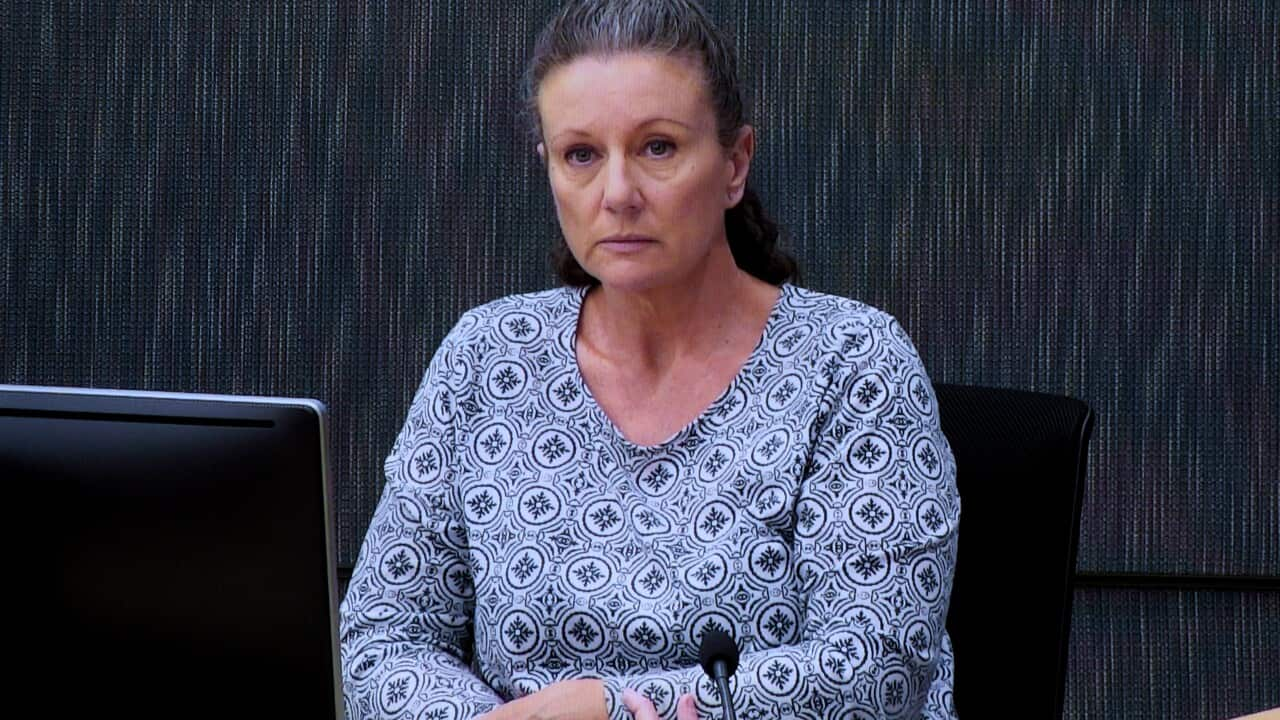After spending more than two decades in jail over the deaths of her four children before being pardoned and freed, Kathleen Folbigg has now been acquitted.
The NSW Court of Criminal Appeal quashed her convictions on Thursday morning before applause filled the court.
The 56-year-old was and released from jail in June after an inquiry heard there was reasonable doubt about her guilt following new scientific discoveries.
In a final report released in November, inquiry commissioner Tom Bathurst found there was an "identifiable cause" for three of the deaths and Folbigg's relationship with her children did not support the case that she killed them.
"While the verdicts at trial were reasonably open on the evidence available, there is now reasonable doubt as to Folbigg's guilt," NSW Chief Justice Andrew Bell said on Thursday.
"It is appropriate Ms Folbigg's convictions … be quashed," he said.

Kathleen Folbigg (centre) and her friend Tracy Chapman (left) and lawyer Rhanee Rego (right) arrive at the New South Wales Court of Criminal Appeal in Sydney, on Thursday. Source: AAP / Dan Himbrechts
The judges agreed with Bathurst's finding that the mother's diary entries - controversially used to help secure her convictions - did not contain reliable admissions of guilt.
Folbigg consistently told police and a previous inquiry the entries reflected her feelings of failure as a mother after the deaths of three of her children.
"I hoped and prayed that one day I would be able to stand here with my name cleared," she said outside the NSW Court of Criminal Appeal, minutes after applause broke out inside when her convictions were quashed on Thursday morning.
"They took my words out of context and used them against me," Folbigg said.
"I love my children and I always will."
She was grateful new scientific evidence had given her answers for the deaths but lamented a system that sought to blame her rather than accept children can die suddenly and unexpectedly.
"While the verdicts at trial were reasonably open on the evidence then available, there is now reasonable doubt as to Ms Folbigg's guilt," NSW Chief Justice Andrew Bell said.
"It is appropriate Ms Folbigg's convictions … be quashed," he said.
Folbigg appeared alongside her long-time friend, Tracy Chapman, and lawyer Rhanee Rego.
They both called for the establishment of a Criminal Case Review Commission to "rectify miscarriages of justice".
"An innocent woman suffering can and should be recognised and become a major impetus to improve our legal system," Rego said.
Rego confirmed Folbigg's legal team would seek compensation from the state. She did not specify the amount, but said it would be "bigger than any substantial payment that has been made before".
Chapman said it took a "herculean effort" to secure the release of her friend.
"This ordeal emphasised the importance of lifelong friendships, bonds, forged and reinforced in adversity," Chapman said.

Kathleen Folbigg's lawyer Rhanee Rego (right, with Folbigg) said "substantial" compensation would be sought". Source: AAP / Dean Lewins
The children, Caleb, Patrick, Sarah and Laura, died between 1989 and 1999 at ages ranging from 19 days to 18 months.
A rare genetic variation was a "reasonably possible cause" of Sarah and Laura's deaths, according to cardiology and genetics experts.
Myocarditis, an inflammation of the heart, was another possible cause of Laura's death.
Patrick may have died from a neurogenetic disorder, which could have also hospitalised him before his death, experts told the inquiry.
Reasonable causes for their deaths undermined the tendency reasoning (which refers to a person's tendency to act in a certain way) used to convict Folbigg of Caleb's manslaughter.


